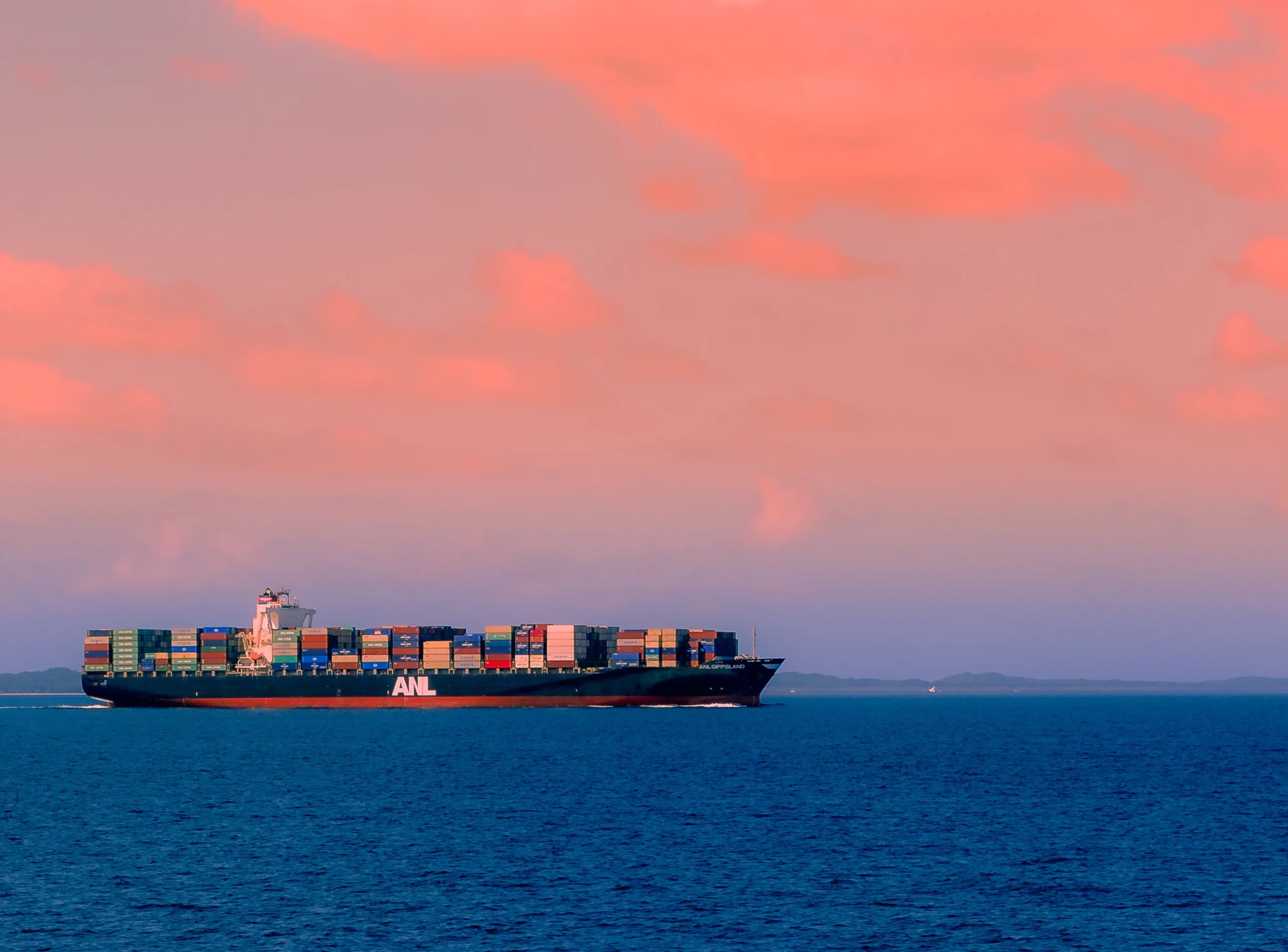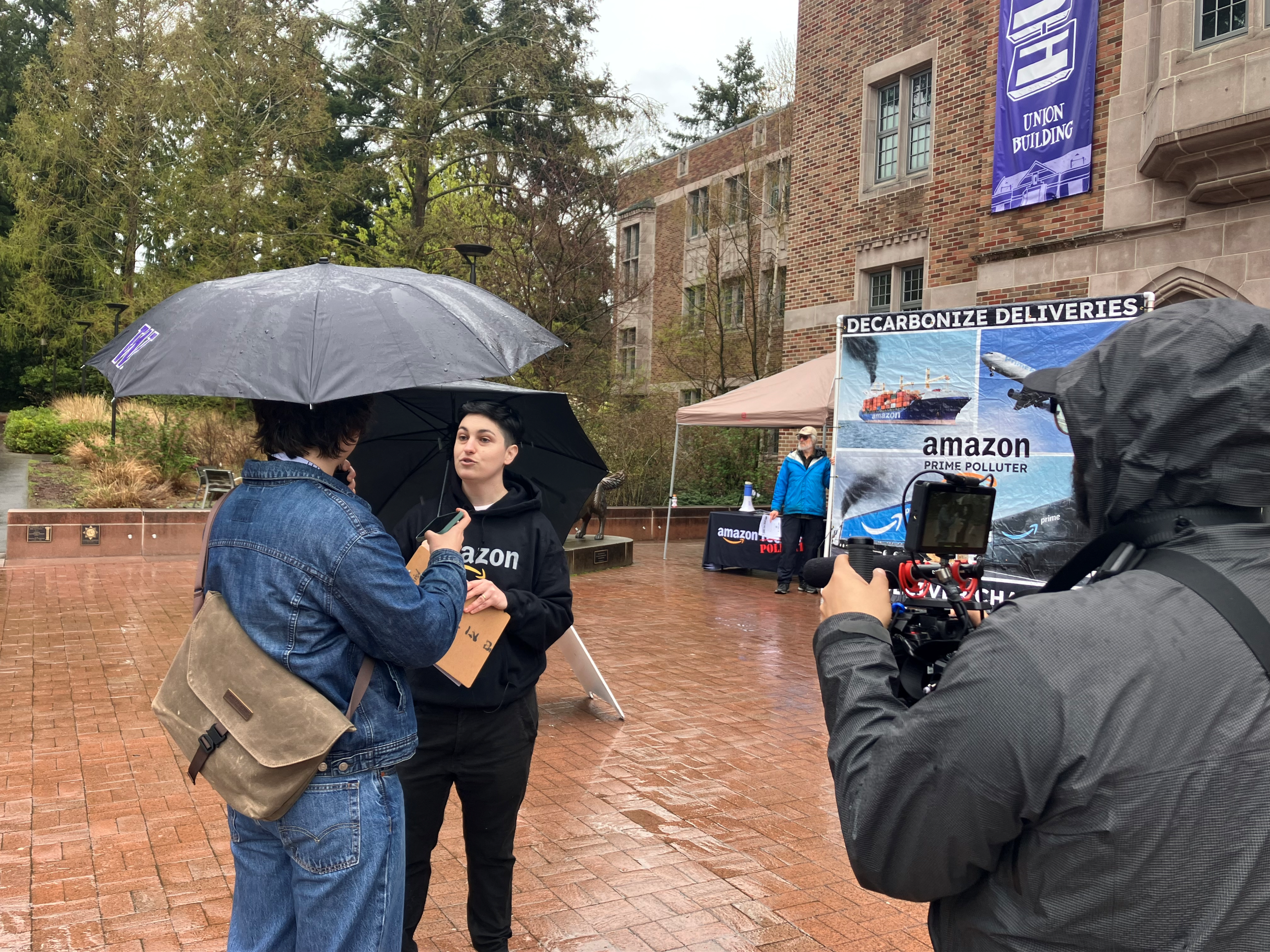


LOS ANGELES (March 22, 2023) — Today, the Central San Pedro Neighborhood Council unanimously passed a Ship It Zero resolution 12-0. The resolution calls on top maritime import polluters to the United States to commit to making all imports to the United States on 100% zero-emission ships by 2030.
Central San Pedro Neighborhood Council is the fifth entity to pass a Ship It Zero resolution, following Los Angeles, Long Beach, Minneapolis and Coastal San Pedro Neighborhood councils. The Port of Los Angeles is one of the busiest ports in the U.S. and partially located within San Pedro.
This action comes on the heels of the final warning from climate scientists that we must act now to “secure a livable, sustainable future for all,” and UN Secretary-General Antonio Guterres saying that countries must now do “everything, everywhere, all at once” to peak greenhouse gas emissions before 2025. Limiting global temperature rise under 1.5 degrees Celsius (2.7 degrees Fahrenheit) is still feasible if global emissions peak before 2025 and are halved overall from 2019 levels by 2030. So, we must act immediately to decarbonize the global ocean shipping industry this decade.
The Ports of Los Angeles and Long Beach receive 40% of all containerized cargo imports to the United States , making the surrounding communities – which are primarily communities of color – particularly vulnerable to harmful pollutants. Los Angeles and Long Beach port-adjacent communities experience up to eight years lower life expectancy than the Los Angeles County average and the highest risk of cancer regionally.
According to a new Ship It Zero report released this month, the Ports of Los Angeles and Long Beach handled the largest share of company cargo imports investigated by this study, with over 40% of imports by twenty-foot equivalent (TEU) and 35.5% of total carbon emissions created through these companies’ maritime imports to the U.S. This shows that the Ports of Los Angeles and Long Beach continue to have an outsized responsibility to act to catalyze the clean energy transition in shipping and end ship pollution at the ports
Statements from the Ship It Zero Coalition:
“We thank the Coastal San Pedro Neighborhood Council for passing a Ship It Zero resolution to protect their community from toxic ship pollution,” said Eric Leveridge, Corporate Climate Campaigner, Pacific Environment. “The science is clear: we must act now to end ship pollution and hold the worst ocean polluters, like Walmart, Home Depot and Amazon accountable. San Pedro ports bore the brunt of shipping congestion during the pandemic and associated pollution. To avoid the worst impacts of climate change and air pollution, retailers must commit to peaking emissions before 2025 and 100% zero-emission ocean shipping by 2030.”
“We commend the leadership of the Coastal San Pedro Neighborhood Council in urging major retailers to tackle their massive maritime shipping pollution problem. It is primarily lower income and communities of color that are bearing these outsized health burdens and lower life expectancies from the constant ship exhaust exposures. We urge retailers to leverage their enormous power to take immediate steps to reduce and rapidly eliminate the air and climate-disrupting pollution from the ocean shipping in their supply chain,” said Kendra Ulrich, Shipping Campaigns Director and Ship It Zero Campaign lead for Stand.earth.
SHIPPING INDUSTRY’S POLLUTION PROBLEM
The global shipping industry accounts for 3% of global climate emissions, more than global air travel. If shipping were a country, it would be the world’s sixth largest climate polluter. But since maritime shipping negotiated itself out of the U.N. Paris Agreement, the effort to reduce emissions in the industry has been slower than in other sectors.
Approximately 90% of the world trade is transported by sea, and current business-as-usual scenarios project emissions will grow up to 50% over 2018 levels. While the International Maritime Organization noted increased ship size and operational improvements aimed at creating better fuel efficiency have resulted in a decrease in emissions intensity, annual absolute emissions are still increasing.
###
Ship It Zero is a climate and public health campaign to move the world’s largest companies to 100% zero-emissions ocean shipping. It urges companies such as Walmart, Home Depot, Amazon, Target and IKEA — to transition to 100% zero-emissions cargo shipping vessels by 2030. This goal will ensure the shipping industry does its fair share in helping to keep global warming under 1.5 degrees Celsius, the target scientists say is needed to avoid the worst consequences of the climate crisis.
Media Contacts:
Gwen Dobbs, Senior Communications Manager, Pacific Environment, gdobbs@pacificenvironment.org, (202) 329-9295 (Pacific Time)
Shane Reese, Corporate Campaigns Media Director, Stand.earth, shane.reese@stand.earth, (919) 339-3785 (Eastern Time)

Recent Updates





